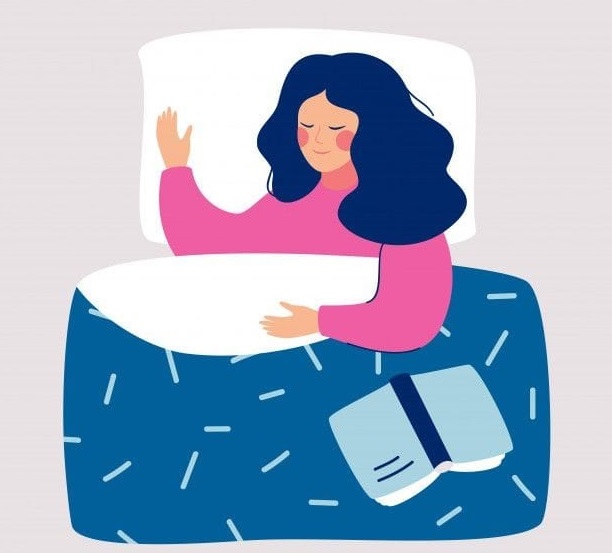

Let’s not forget how getting enough sleep is just as important as regular workout and healthy eating. As Benjamin Franklin had said, ‘Early to bed and early to rise, makes a man healthy, wealthy, and wise’.
A good night’s sleep can also dictate our mood for the whole day. If you are feeling a little cranky and irritated, it probably means you did not get enough sleep.
Researchers say lack of sleep impacts one’s hormones, physical performances, and mental health. It can also weaken the immune system. Have you ever noticed when you get a good night’s sleep you feel more refreshed and alert? But with the nation in lockdown, many find it hard to get a good sleep. Staying home 24/7 with nothing much to do. While we may not be able to go outside, the least we can do is, try and improve our sleeping habits, right?
Here are some tips to help you sleep better at night.
Fixed sleeping schedule
Trying to go to sleep and wake up at the same time every day helps your body set a routine.
If you keep regular wake-up time every morning, it will help you feel more refreshed and energised. So try finding right time when you feel tired every day and do not turn and toss every night. We also have a habit of staying awake till late hours on weekends which will affect the sleeping schedule. Try sleeping on time even on weekends and being consistent reinforces your body’s sleep-wake cycle. At first, it is going to be hard but as you follow the routine for a few weeks it will become a habit.